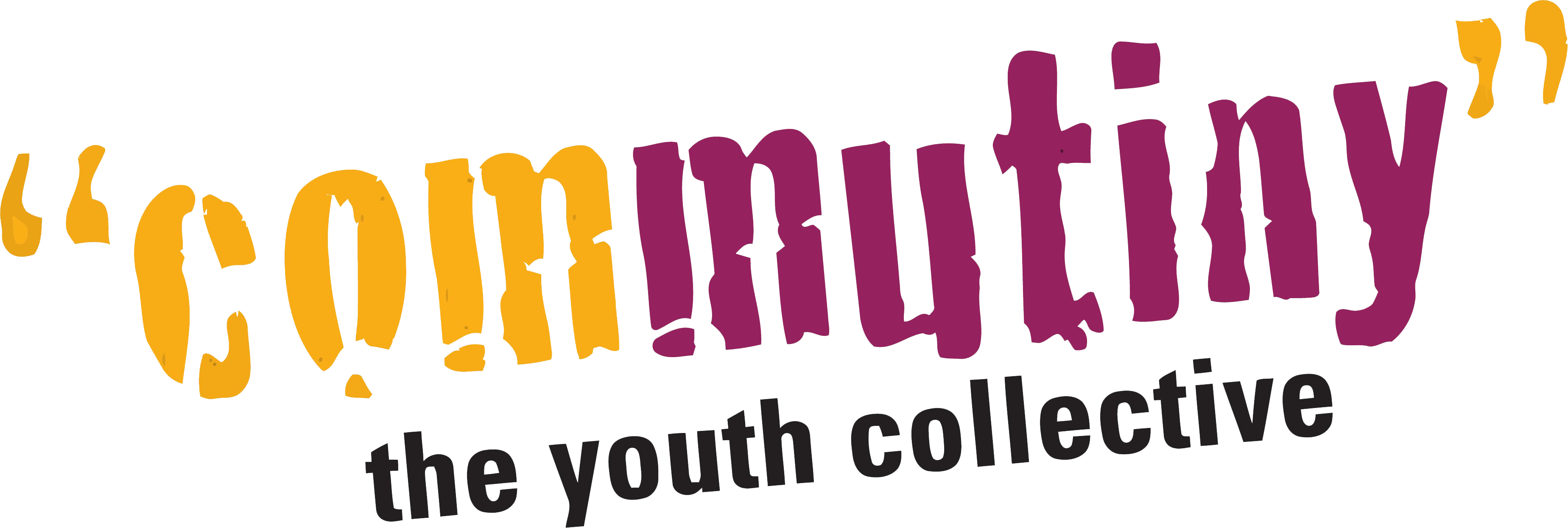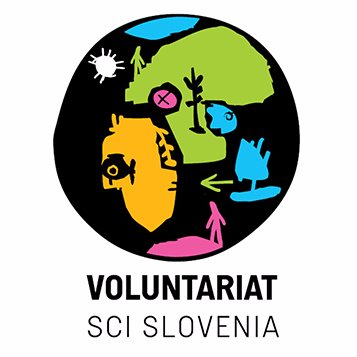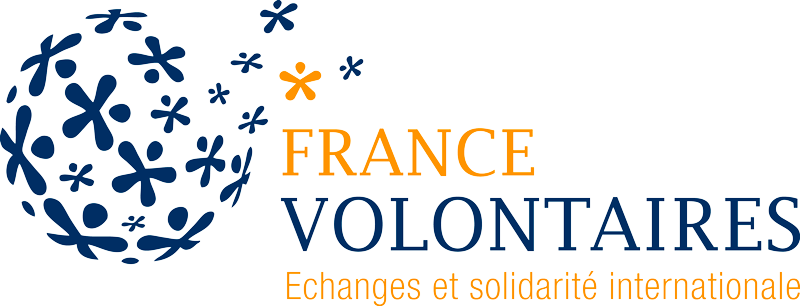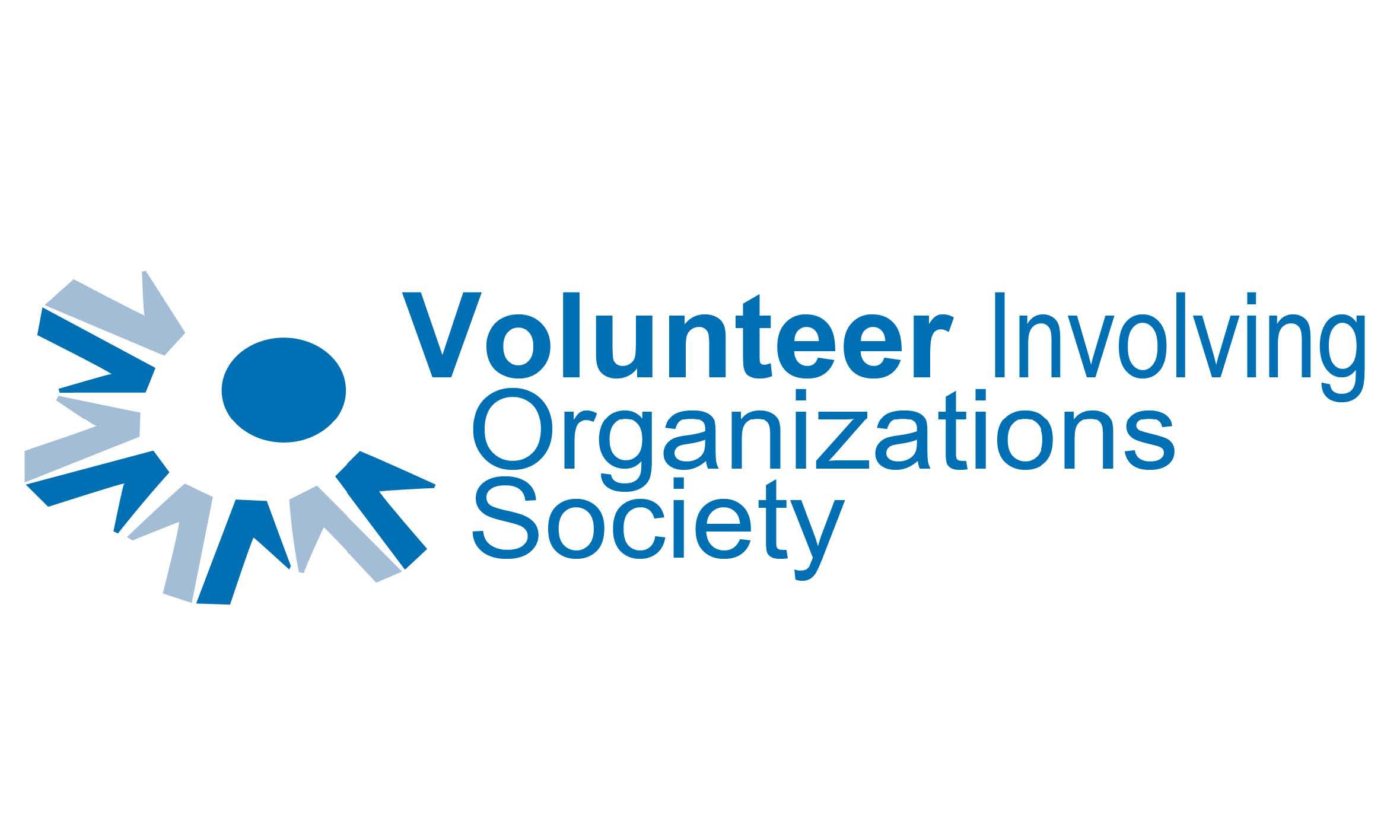
IVCO 2024: Unveiling Updates and Future Plans
IVCO 2024 in Newcastle Upon Tyne, UK Mark your calendars! IVCO 2024 is set to take place in Newcastle Upon
The International Forum for Volunteering in Development (Forum) is a global network of organisations that work through volunteers to achieve sustainable development. We promote and support responsible and impactful volunteering through convening, research, and standards.
Members
Organisations
Volunteers
Countries
The Global Volunteering Standard is a framework that sets out the volunteering for development sector’s collective understanding of good practice.
The Standard acts as a starting point for volunteer-based organisations to assess their practices and make changes that will help them be more responsible and impactful in their work. The Standard considers all the actors involved in a volunteer placement, from the volunteers to their organisation, project partners, the wider community, funders and other key stakeholders.

The Global Volunteering Standard Platform is the first global online-based one-stop shop for good practice in volunteering for development. Forum designed the Platform to bring the Global Standard in Volunteering principles to life and put them into practice.
Developed by the volunteering sector, for the volunteering sector, the Platform is the ultimate resource providing those who work with volunteers with practical tools to assess, monitor and improve programmes and practice, while giving access to the most extensive global library of volunteer resources.

IVCO 2024 in Newcastle Upon Tyne, UK Mark your calendars! IVCO 2024 is set to take place in Newcastle Upon

We are pleased to share the Kuala Lumpur Call to Action, a statement developed by the delegates at IVCO 2023.

Forum is seeking to engage a consultant or consultants to support us in reviewing and revising the Global Volunteering Standard.

We are thrilled to introduce and extend a warm welcome to Lily Bright Tetteh, the President of the Coalition of

Following the wonderful success of IVCO 2023 in Malaysia hosted by Yayasan Sukarelawan Siswa, Forum is now inviting expressions of

Forum is excited to announce our upcoming 2-part workshop series designed to empower volunteer-involving organizations to understand and adopt the





























Join a movement of global citizens working for a world where no one is left behind.